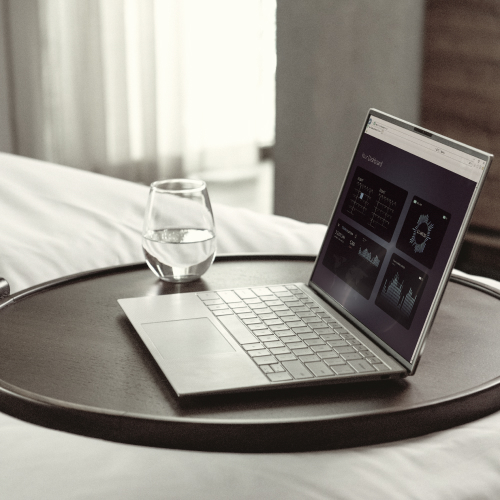A beautiful blend of colors and textures. The soft lime green envelopes and bold black cards create a visually appealing and professional look.
© Copyright 2024. Powered by VLThemes.
0%
Lets create smth new together
Lets create smth new together
Lets create smth new together
Lets create smth new together
Lets create smth new together
Lets create smth new together
Lets create smth new together
Lets create smth new together
Lets create smth new together
Lets create smth new together
Lets create smth new together
Lets create smth new together
Lets create smth new together
Lets create smth new together
Lets create smth new together
Lets create smth new together






